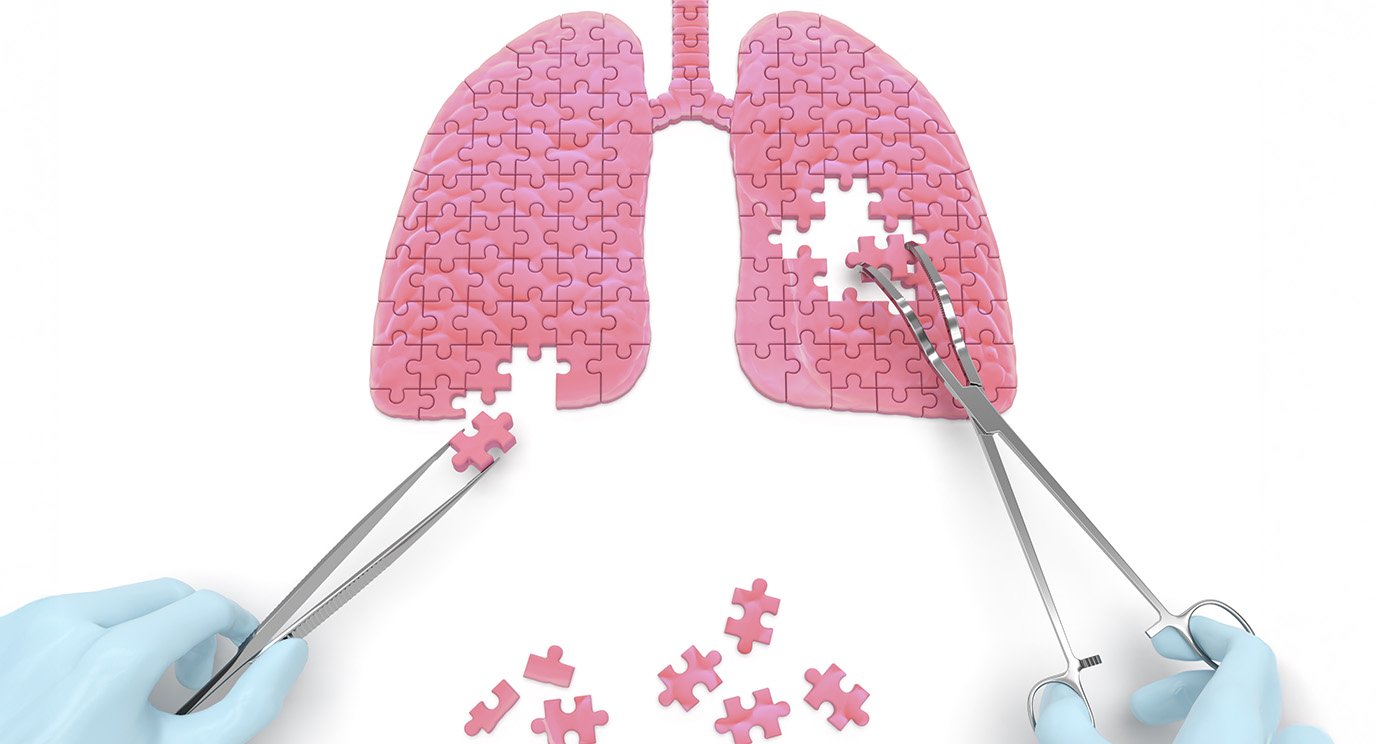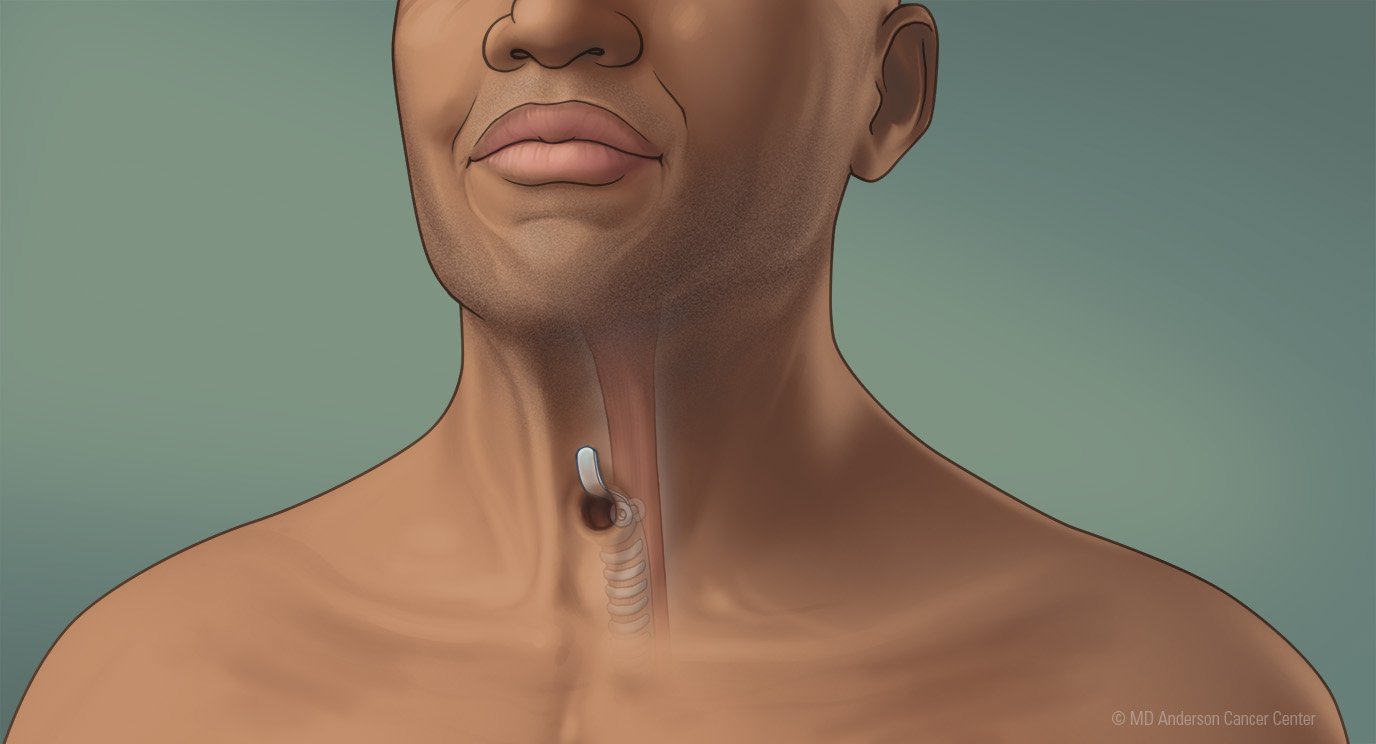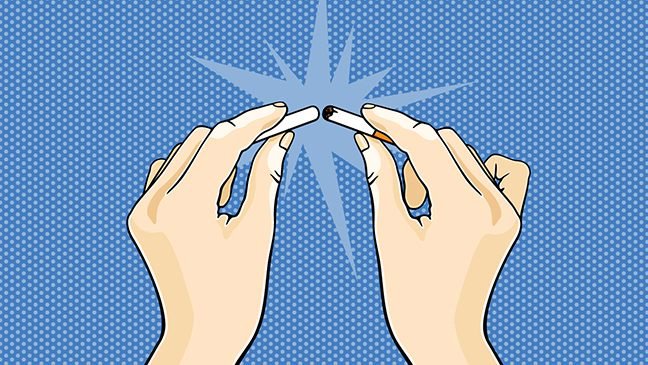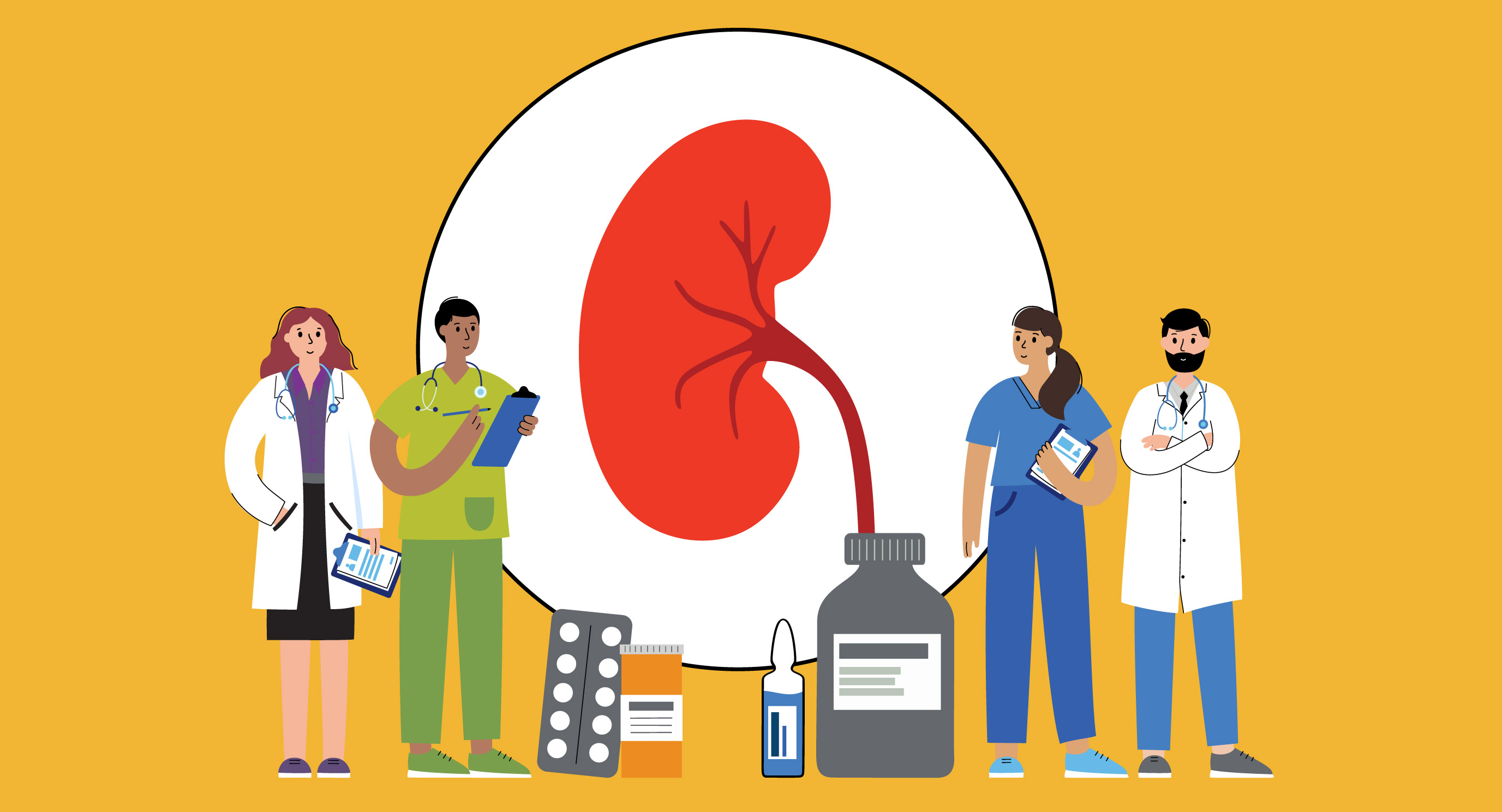- Diseases
- Acoustic Neuroma (14)
- Adrenal Gland Tumor (24)
- Anal Cancer (68)
- Anemia (2)
- Appendix Cancer (16)
- Bile Duct Cancer (26)
- Bladder Cancer (72)
- Brain Metastases (28)
- Brain Tumor (232)
- Breast Cancer (714)
- Breast Implant-Associated Anaplastic Large Cell Lymphoma (2)
- Cancer of Unknown Primary (4)
- Carcinoid Tumor (8)
- Cervical Cancer (160)
- Colon Cancer (166)
- Colorectal Cancer (118)
- Endocrine Tumor (4)
- Esophageal Cancer (44)
- Eye Cancer (36)
- Fallopian Tube Cancer (8)
- Germ Cell Tumor (4)
- Gestational Trophoblastic Disease (2)
- Head and Neck Cancer (14)
- Kidney Cancer (128)
- Leukemia (342)
- Liver Cancer (50)
- Lung Cancer (286)
- Lymphoma (278)
- Mesothelioma (14)
- Metastasis (30)
- Multiple Myeloma (100)
- Myelodysplastic Syndrome (60)
- Myeloproliferative Neoplasm (6)
- Neuroendocrine Tumors (16)
- Oral Cancer (100)
- Ovarian Cancer (172)
- Pancreatic Cancer (160)
- Parathyroid Disease (2)
- Penile Cancer (14)
- Pituitary Tumor (6)
- Prostate Cancer (146)
- Rectal Cancer (58)
- Renal Medullary Carcinoma (6)
- Salivary Gland Cancer (14)
- Sarcoma (238)
- Skin Cancer (296)
- Skull Base Tumors (56)
- Spinal Tumor (12)
- Stomach Cancer (64)
- Testicular Cancer (28)
- Throat Cancer (92)
- Thymoma (6)
- Thyroid Cancer (98)
- Tonsil Cancer (30)
- Uterine Cancer (82)
- Vaginal Cancer (18)
- Vulvar Cancer (20)
- Cancer Topic
- Adolescent and Young Adult Cancer Issues (20)
- Advance Care Planning (10)
- Biostatistics (2)
- Blood Donation (18)
- Bone Health (8)
- COVID-19 (362)
- Cancer Recurrence (120)
- Childhood Cancer Issues (120)
- Clinical Trials (632)
- Complementary Integrative Medicine (22)
- Cytogenetics (2)
- DNA Methylation (4)
- Diagnosis (232)
- Epigenetics (6)
- Fertility (62)
- Follow-up Guidelines (2)
- Health Disparities (14)
- Hereditary Cancer Syndromes (126)
- Immunology (18)
- Li-Fraumeni Syndrome (8)
- Mental Health (116)
- Molecular Diagnostics (8)
- Pain Management (62)
- Palliative Care (8)
- Pathology (10)
- Physical Therapy (18)
- Pregnancy (18)
- Prevention (920)
- Research (392)
- Second Opinion (74)
- Sexuality (16)
- Side Effects (606)
- Sleep Disorders (10)
- Stem Cell Transplantation Cellular Therapy (216)
- Support (402)
- Survivorship (322)
- Symptoms (182)
- Treatment (1786)
Cancer treatment side effect: Muscle cramps
3 minute read | Published April 03, 2025
Medically Reviewed | Last reviewed by Lucy Potter, M.D. on April 03, 2025
If you’ve ever had a charley horse — or a severe sudden spasm in your calf — you know that muscle cramps are no joke.
But did you also know that muscle cramps can be a side effect of cancer treatment? Below, I’ll explain why these uncomfortable spasms sometimes happen to cancer patients, how we treat them, and whether they’re temporary or permanent.
Why do muscle cramps occur in cancer patients?
There are many possible causes.
Chemotherapy
Several classes of chemotherapy can cause muscle cramps. These include:
- platinum-based drugs (cisplatin)
- vinca-alkaloid drugs (vincristine and vinblastine)
But cramps can also be a side effect of some hormonal therapies, including the aromatase inhibitors used to treat breast cancer. All of these can damage the roots of our nerves, which may lead to muscle cramps and neuropathy.
Electrolyte imbalances
A lot of chemotherapy drugs make patients dehydrated, which can result in electrolyte imbalances. If your potassium, magnesium or calcium levels get out of whack, that can lead to muscle cramps. Other causes of electrolyte imbalances include diuretics (fluid pills), kidney dysfunction and kidney failure.
Anti-fungal medication
Amphotericin-B is a very potent antifungal medication used to treat opportunistic infections in neutropenic patients. It is also known to cause muscle cramps as a side effect.
Lithium
This drug is used to treat bipolar disorders, but if you get too much or too little of it, you start seeing side effects very quickly.
Hypothyroidism
Patients undergoing immunotherapy sometimes have this condition due to their treatment.
Polymyositis
This is a rheumatological disorder associated with an increased risk of having cancer. Muscle cramps are an active symptom of the disease.
Metastatic disease
Some patients experience muscle cramps because they have metastatic cancer that has spread to the central nervous system and is now pressing on their nerves. This includes leptomeningeal disease, in which cancer spreads to the fluid surrounding the brain and spinal cord and/or the leptomeninges, the lining of the brain and spinal cord.
Diabetes
This condition can sometimes cause muscle cramps.
Anemia
Red blood cells carry oxygen to the muscles. When there are not enough of them to do that job effectively, and your blood oxygen level drops, the result can be muscle cramps.
Do muscle cramps only occur in certain locations?
No. It depends on what’s causing them. People can get them in their arms, legs, abdomen or other areas.
How are muscle cramps typically treated?
Again, it depends on the source. Here are a few things we suggest or prescribe:
- exercise
- oral and/or IV supplements
- stretching
- heating pads
- muscle relaxers
Are muscle cramps ever permanent?
Some cancer survivors experience side effects for years after finishing treatment. But if we can identify the underlying source of your muscle cramps — such as an electrolyte imbalance or a thyroid problem — they typically get better as soon as we fix it. The cramps might not go away completely, but they definitely improve.
Lucy Potter, M.D., is an internist in MD Anderson’s Supportive Care Center with a special interest in cancer-related fatigue.
Request an appointment at MD Anderson online or call 1-877-791-0749.

If we can identify the underlying source, they typically get better.
Lucy Potter, M.D.
Physician





